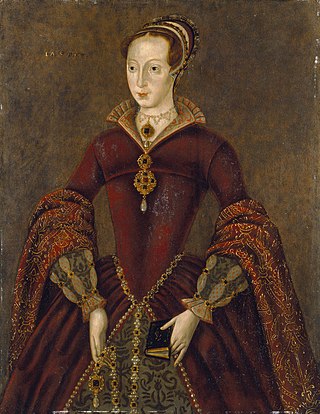Andrea is a given name which is common worldwide for both males and females, cognate to Andreas, Andrej and Andrew.
Hana as a given name may have any of several origins. It is also a version of a Hebrew name from the root ḥ-n-n meaning "favour" or "grace", a Kurdish name meaning hope (هانا), a Persian name meaning flower (حَنا) and an Arabic name meaning "bliss" (هَناء). As a Japanese name, it is usually translated as flower (花). In Korean, it means the number one (하나). In Hawaiian, "Hana" means "craft" or "work". In Maori, "Hana" means to shine, glow, give out love or radiance. In Albanian, "Hana" means the moon.
Novak, Novák, or Nowak, is a surname and masculine given name, derived from the Slavic word for "new", which depending on the exact language and usage, translates as "novice", "new man", "newcomer", or "stranger".
Danielle is a modern French female variant of the male name Daniel, meaning "God is my judge" in the Hebrew language.

Eva is a female given name, the Latinate counterpart of English Eve, which is derived from the Hebrew חַוָּה (Chava/Hava), meaning "life" or "living one", the name of the first woman according to the Hebrew Bible. It can also mean full of life or mother of life. It is the standard biblical form of Eve in many European languages. Evita is a diminutive form, in Spanish.
Jana is the spelling of several unrelated given names. See Jaana for the Finnish and Estonian given name.
Alisa is a female given name, a version of Alice used in Russia, Ukraine, Finland, Estonia and other countries. Notable people with the names Alisa and Alissa include:
Karen is a given name and occasional surname. In English, it is a feminine given name derived from the name Katherine, and it is also found in modern Africa, as well as in East Asia. However, in other countries such as Iran and Armenia, it is a masculine name deriving from Middle Iranian.

Barbara is a given name used in numerous languages. It is the feminine form of the Greek word barbaros meaning "stranger" or "foreign". In Roman Catholic and Greek Orthodox tradition, Saint Barbara was imprisoned in a tower by her father. She was then martyred by her father when she refused to renounce Christianity. According to legend, her father was then punished with death by lightning. As such, Saint Barbara is a protectress against fire and lightning. Early Christians occasionally referred to themselves as "barbarians" in opposition to the pagan Romans and Greeks. The story of Saint Barbara is said to have been an inspiration for the fairy tale Rapunzel and other European stories that feature a maiden in a tower.

Diana is a feminine given name of Latin and Greek origins, referring to the Roman goddess Diana. It came into use in the Anglosphere in the 1600s by classically educated parents as an English language version of the French version of the name, Diane.

Anna is a feminine given name, the Latin form of the Greek: Ἄννα and the Hebrew name Hannah, meaning "favour" or "grace".

Jane is a feminine given name. It is the English form of Jehanne, the Old French feminine form of Iohannes, a Latin form of the Greek name Ἰωάννης (Iōannēs), which is ultimately derived from the Hebrew name יוֹחָנָן (Yochanan), a short form of the name יְהוֹחָנָן (Yehochanan), meaning "Yahweh is merciful".
Leila is a feminine given name primarily found in the Middle East, including Semitic speaking countries, Iran, and Turkey. In the Latin alphabet, the name is commonly spelled in multiple ways, including Leila, Layla, Laylah, Laila, Leyla and Leylah.

Laura is a traditionally feminine given name in Europe and the Americas, of Latin origin, whose meaning is a metonym for a victor, and an early hypocorism from Laurel and Lauren.

Clara or Klara is a female given name. It is the feminine form of the Late Latin name Clarus which meant "clear, bright, famous". Various early male Christian saints were named Clarus; the feminine form became popular after the 13th-century Saint Clare of Assisi, one of the followers of Saint Francis, who renounced her privileged background and founded the order of Poor Clares.
Stella is a female given name. It is derived from the Latin word for star. It has been in use in English-speaking countries since it was first used by Philip Sidney in Astrophel and Stella, his 1580s sonnet sequence. Use might also have increased due to Stella Maris as a title for the Virgin Mary by Catholics. Alternately, it is a feminine version of the Greek name Stylianos, meaning pillar.
Monika is a female name in German, Scandinavian, Czech, Slovak, Polish, Slovene, Croatian, Estonian, Lithuanian, Latvian and Hungarian (Mónika) which can also be seen in India. It is a variation of Monica, stemming from the word "advisor" in Latin and "unique" in Greek.

Kamilla and Kamila are feminine given names used in a number of languages and throughout history with roots in Slavic, Arabic, and South Asian languages and Latin.
Amina is the loose transcription of two different Arabic female given names:







